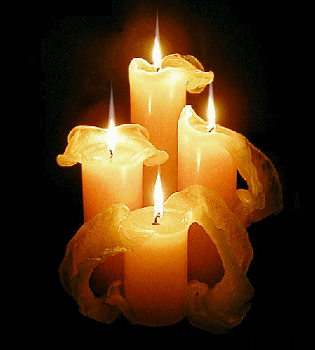Testing the Will of Haiti

Despite the distance between the United States and Haiti, the topic has been on many minds lately, including those of my fellow editorial bloggers, so it is no surprise that it should be on my mind as well. The topic was particularly brought to mind during a recent skimming of the February 1st edition of Time Magazine in which the managing editor, Richard Stengel writes regarding the need for both monetary support for the cause in Haiti and the media hype through which awareness can be raised. In the experience of a reporter at the scene I found this valuable nugget, “ ‘I’ve seen the best and the worst of humanity,’ Newton-Small says, and notes she is watching to see the ‘best of humanity struggle to win the fight for Haiti’s soul.’ ”
What caught my interest was the notion that in times of severe natural disaster, in which nations are forced to rebuild themselves both physically and emotionally, the will power and determination of its survivors are put to the test. In the case of Haiti, the news has shown evidence of looting, rioting and vicious fights in the streets over miniscule food rations all in sharp contrast to the team work and camaraderie still evident within the country’s borders as citizens work together to aid and protect one another. When faced with a dire situation, what is it that makes us march steadfast against the wind toward the side of good deed and compassion rather than the downhill path of self-concern and bare knuckle survival? I honestly can’t say that I know, and I find that as I grow older I come across more and more aspects of the human condition for which I have no real explanation.
My first inclination toward what steers one in the direction of good will is that it’s a matter of upbringing. Personally, I have been raised by two sets of remarkable parents who have instilled in me a genuine concern and respect for others, a love of family, a solid work ethic and a generally positive outlook on life in general. But, contrary to my theory, I have known others, both in and outside my own family, who have been similarly raised and who are less inclined to will themselves toward good. There have been addicts and swindlers and users and those of the ignorant and selfish sort who have been raised in families much like my own and yet still choose, what George Lucas so cleverly coined as, “the dark side”. Then there have been those who are products of less than loving, nurturing families, the kind headed and infested by said addicts etc., who have risen above the brutishness to become shining examples of good will toward men. This leads me to consider that perhaps the inclination toward good will or bad is only a tiny part of one’s being, a part that needs only the slightest touch to sway in either direction, a fragile piece of the human condition.
If you really think about it, the difference between dark and light doesn’t amount to much. The flip of a switch to trigger a bulb. The spark of a match to ignite a flame. The reaching out of one hand to help another. The running of a mile or two to put money in a desperate nation’s coffers. These are simple acts that bring light into darkness. They are what separate good will from bad, they are the conscious decision to make more of our lives and that of others. These acts are representative of the power that we have as human beings, if only we can muster the courage to take hold and use it.
-Heather Maupin


0 Comments:
Post a Comment
Subscribe to Post Comments [Atom]
<< Home